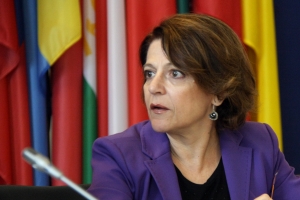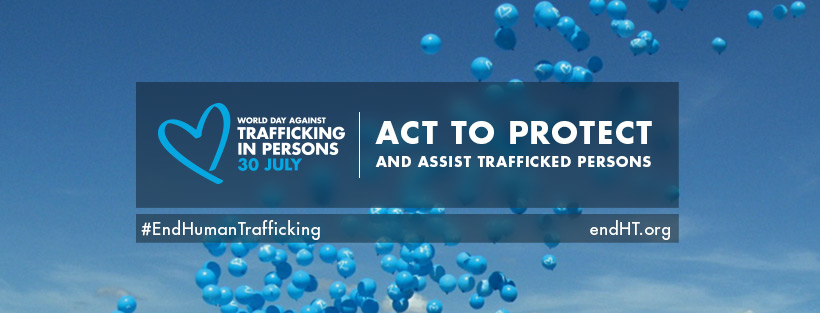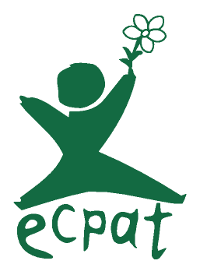VIENNA, 9 July 2013 – A research paper on trafficking for the purpose of organ removal – one of the least addressed forms of trafficking in human beings – was published today by the OSCE Special Representative and Co-ordinator for Combating Trafficking in Human Beings, Maria Grazia Giammarinaro.

The OSCE Special Representative and Co-ordinator for Combating Trafficking in Human Beings, Maria Grazia Giammarinaro, during a side event at the 13th Alliance against Trafficking in Persons conference, Vienna, 25 June 2013.
“Victims are unaware of the lifelong impact of organ removal; in fact they bear long-term and debilitating medical consequences including the inability to work, especially because they completely lack post-operative care or follow-up medical and psychosocial support. In addition, they very often do not receive the payment that was promised to them during their deceptive recruitment.”
The paper also calls attention to the link between trafficking for organ removal and organized crime, the role that corruption plays in facilitating organ removal, and the transplantation networks, which often include administrators and medical professionals.
It also suggests a series of steps to prevent this transnational crime, which is headed by international brokers connected with transplant surgeons and local organ recruiters.
Source: OSCE
Copyright ECPAT Belgique « Stop à l’exploitation sexuelle commerciale des enfants »


